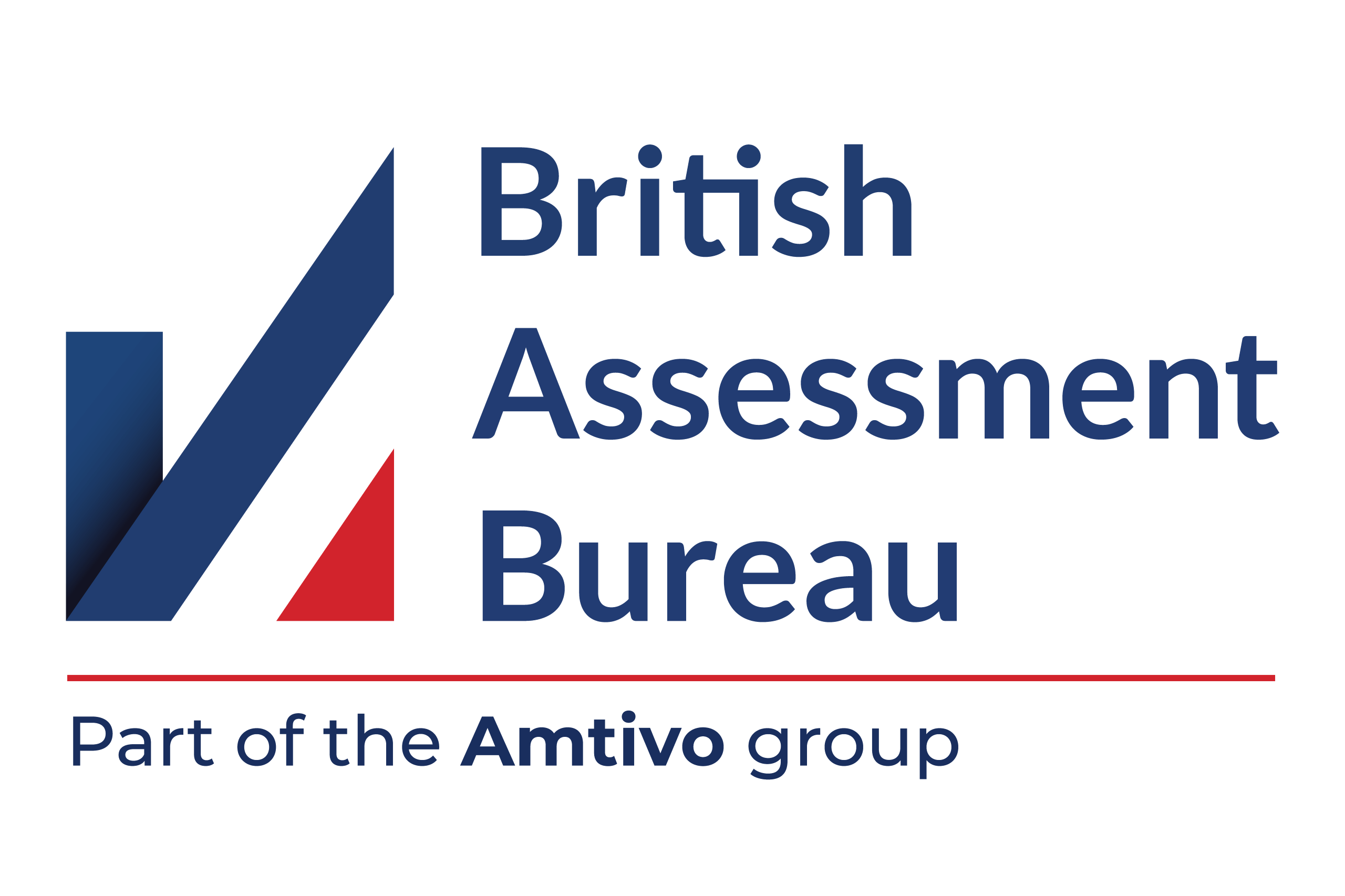The International Organization for Standardization (ISO) has published over 25,500 international standards covering a wide range of industries.
The organisation brings together experts to share their knowledge and develop and issue effective, internationally recognised standards that provide solutions to evolving worldwide challenges. This reflects ISO’s motto – ‘Great things happen when the world agrees’.
What Is the International Organization for Standardization (ISO)?
The International Organization for Standardization (ISO) is an independent, non-governmental international organisation that develops and publishes standards. With a network of 172 national standards bodies, ISO has vast global reach. Each member is a standards organisation and represents ISO in its country.
ISO’s origins date back to 1946 when delegates from 25 countries met in London to discuss creating a new global standards body. The meeting included representatives of the International Federation of the National Standardizing Associations (ISA) and other organisations. It was held to create a new international organisation that would ‘facilitate the international coordination and unification of industrial standards’.
Consequently, the International Organization for Standardization was formed a year later in 1947, and is located in Geneva. This represented a fresh start for international standardisation after World War II.
ISO’s mission is to promote worldwide proprietary, industrial and commercial standards that help organisations deliver operational and output quality, safety and efficiency. These standards are instrumental in making international trade possible.
The International Organization for Standardization develops standards for various industries, including agriculture, technology, data, food, aerospace engineering and healthcare. One of its best-known standards is ISO 9001, part of the ISO 9000 family, which deals with quality management.
ISO standards are developed through consensus among industry experts, ensuring that they are effective, relevant and able to meet the industry requirements. They are reviewed at least every five years to ensure they remain relevant and effective.
What Are ISO Standards and Why Have Them?
International standards quite simply ‘make things work’. They provide globally recognised requirements and guidance for products, services and systems alike and impact everyone, everywhere. The standards support businesses in operating safely and efficiently while providing high-quality products or services to their clients.
Standards can be effectively adopted by organisations in industries and sectors from manufacturing to aerospace, engineering and healthcare.
Organisations can use ISO standards as strategic tools, minimising errors and increasing productivity throughout their entire operations. In addition, standards can also help organisations identify where they can reduce costs, use resources more effectively and access new markets. ISO standards can help organisations consistently deliver high-quality products and services.
Organisations that have achieved ISO certification demonstrate that what gets measured gets done. In order to do this, a top-down approach is required, with senior management leading the charge for change and inspiring employees to help make the requirements of an ISO standard a reality.
This process often leads to identifying opportunities for improvement, regularly resulting in customer benefits.
What Are the Benefits of ISO Standards?
Optimise operations and reduce costs
Implementing ISO standards optimises operations at an organisational level by streamlining processes and improving consistency and predictability. This operational efficiency results in better resource management and, potentially, leads to reduced costs.
Meet regulatory and legal requirements
ISO standards provide a structured framework for meeting regulatory and legal requirements, simplifying compliance. They enable organisations to demonstrate their commitment to quality, safety or environmental management, which can boost reputation and stakeholder confidence.
Improve risk management
ISO standards offer a robust approach to risk management. By encouraging organisations to take a systemic view, they help identify potential risks and implement measures to mitigate them.
Promote continual improvement
These standards foster a culture of continual improvement. Regular reviews and updates help to demonstrate that an organisation’s processes are current and aligned with industry standards and best practices, as well as ISO regulations.
Win new business
Being ISO certified demonstrates that a business has been verified by an independent third-party certification body, and is therefore trustworthy and professional. This could open doors to new business opportunities while also retaining current customers. ISO can also help further organise and manage a business. As businesses are audited annually, ISO certification demonstrates that an organisation is committed to an ethos of continual improvement.
British Assessment Bureau is UKAS-accredited, which gives our customers peace of mind when obtaining certifications from us.
Makes fair competition and trade possible
ISO standards create a level playing field, facilitating fair competition and breaking down barriers to international trade. Being ISO-certified could be particularly beneficial to businesses looking to expand or compete globally.
Who Approves ISO International Standards?
ISO standards are approved by consensus, typically by committees made up of multiple industry experts relevant to a particular standard.
For example, developing ISO 27001 (Information Security Management) involves a broad range of stakeholders. These stakeholders might include cyber security experts, software engineers, security consultants, representatives from governments and testing bodies from various countries. The standard goes through several review and voting stages by ISO member bodies before final publication.
ISO standards are developed by the International Organization for Standardization using a six-stage process consisting of Proposal, Preparatory, Committee, Enquiry, Approval and Publication. An ISO standard typically starts as a proposal by any interested party who sees a need for regulation.
Find out more about the ISO standard development process.
The Most Popular ISO Standards
The following are some of the most popular Management System Standards for organisations across the globe:
- ISO 9001 – This is the standard for Quality Management Systems (QMS). It can help organisations demonstrate that they meet customer and other stakeholder needs while staying within statutory and regulatory requirements. The standard focuses on quality management principles such as customer focus, following a process approach and embedding continual improvement.
- ISO 14001 – This is the standard for Environmental Management Systems (EMS). It provides a framework for organisations to control and improve their environmental performance, helping them reduce their environmental impact while increasing operating efficiency.
- ISO 27001 – This is the standard for Information Security Management Systems (ISMS). It can help organisations manage the security of data assets, such as financial information, intellectual property, employee details, or third-party information. ISO 27001 is particularly relevant in sectors like banking, IT and healthcare.
- ISO 45001 – This is the standard for Occupational Health and Safety Management Systems (OH&S). It provides a framework to improve employee safety, reduce workplace risks and create better, safer working conditions across the globe. This standard applies to all industries, particularly in sectors such as construction and manufacturing.
What Is ISO Certification?
ISO certification is primarily relevant to Management System Standards, such as ISO 9001, ISO 14001 and ISO 27001, which certify that an organisation’s processes meet specific management requirements.
However, some other types of standards, like product or service standards, may also involve certification but the process and purpose can differ depending on the type of standard involved.
An ISO certification is proof that an organisation’s management system has been audited and certified by a third-party body.
Certification shows that an organisation meets the requirements of a specific ISO standard. It is a clear indicator that the organisation follows internationally recognised best practices, demonstrating a commitment to quality, efficiency and reliability.
ISO certification sends a positive message to customers, stakeholders and employees that the organisation is dedicated to maintaining high standards and prioritising continual improvement and customer satisfaction.
ISO certificates can be both physical and digital, and this is dependent on the preferences of the organisation and the policies of the certification body. Once an organisation has successfully met the criteria of an ISO standard, the certification body will issue a certificate of compliance.
Download our ISO certification buyers guide to learn more.
How Do Organisations Become ISO-Certified?
In order to become ISO-certified, there are a number of steps an organisation must follow. The following steps for achieving certification are specific to Management System Standards:
- Choose the relevant ISO standard(s) – An organisation decides on the ISO standard(s) relevant to their operations or industry.
- Develop and implement a management system – The organisation develops and implements a management system in accordance with the requirements of the chosen standard, possibly changing existing processes.
- Conduct an internal audit – Once operational, the organisation conducts an internal audit to verify that the management system conforms with the standard, addressing any nonconformities or opportunities for improvement.
- Management review – Top management reviews the system’s performance to assess its continuing suitability, adequacy, effectiveness and alignment with the organisation’s strategy.
- Undergo an external audit – A third-party certification body conducts an external audit, typically consisting of a preliminary audit and a final certification audit.
- Receive the ISO certificate – If the certification audit is successful, the certification body will issue an ISO certificate, confirming that the organisation’s management system meets the requirements of the specific ISO standard.
- Maintain the certification – Regular surveillance audits by the certification body and recertification every three years help to demonstrate continual improvement and that the organisation remains compliant with standard requirements.
Get Started on Your ISO Certification Journey
Before starting your journey to ISO certification, it is important to remember that to become certified, your organisation will need to invest time and resources to support the process.
As a trusted partner, British Assessment Bureau provides experience and expertise, assisting businesses across several industries in achieving their desired ISO certification.
We work with our clients to understand your unique business needs and tailor our services accordingly, ensuring a rewarding and smooth certification journey.
Get started on your journey to certification – get a quote today or contact our team to discuss your needs.

